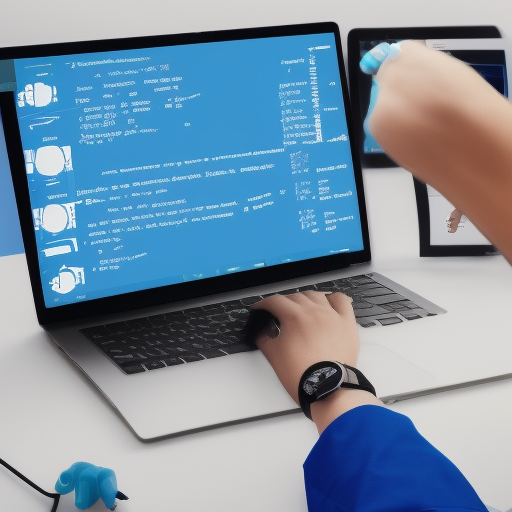Blogs

Medical Research Jobs

7 Reasons Why You Should Start a Career in Clinical Research

Clinical Research Associate Training UK
Clinical research is a field with a lot of career potential all over the world. Clinical research associates, or CRAs, are one of the most sought-after positions in the field. CRAs monitor labs and research processes. It is a position that offers financial security and many traveling opportunities for work. In this article, we have put together a short work guide on becoming a CRA in the UK. According to SalaryExplorer, the 2020 average salary of a CRA in the UK is 82,700 GBP. Depending on your experience and location, you can expect to earn anything from 38,000 GBP to 131,000 GBP.
